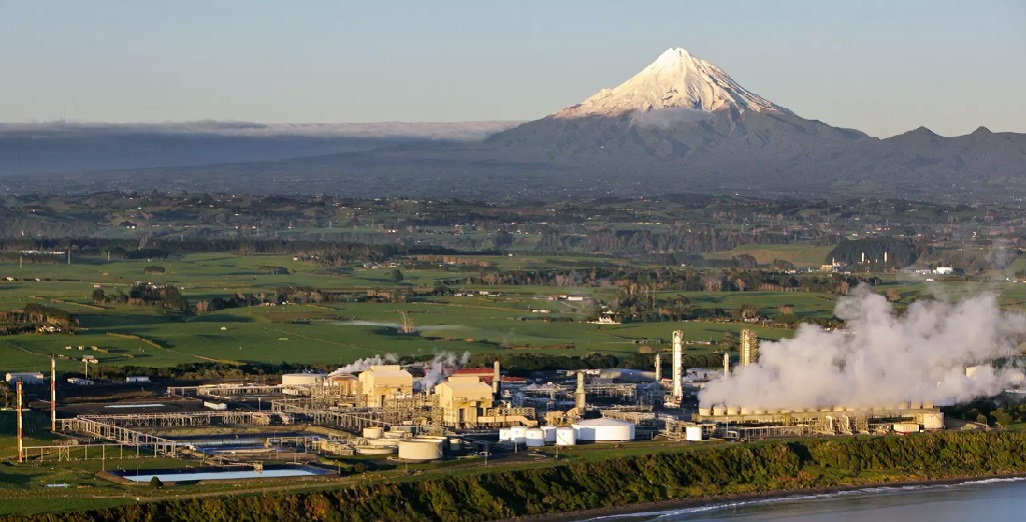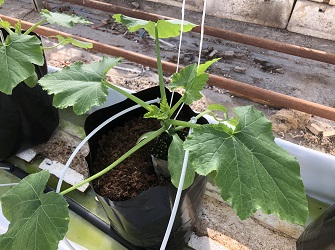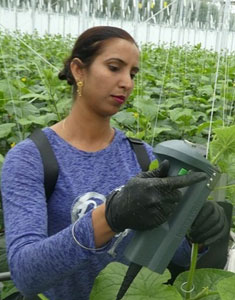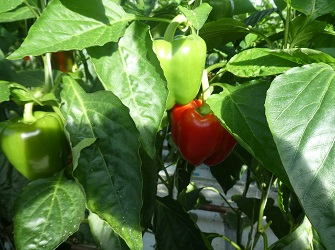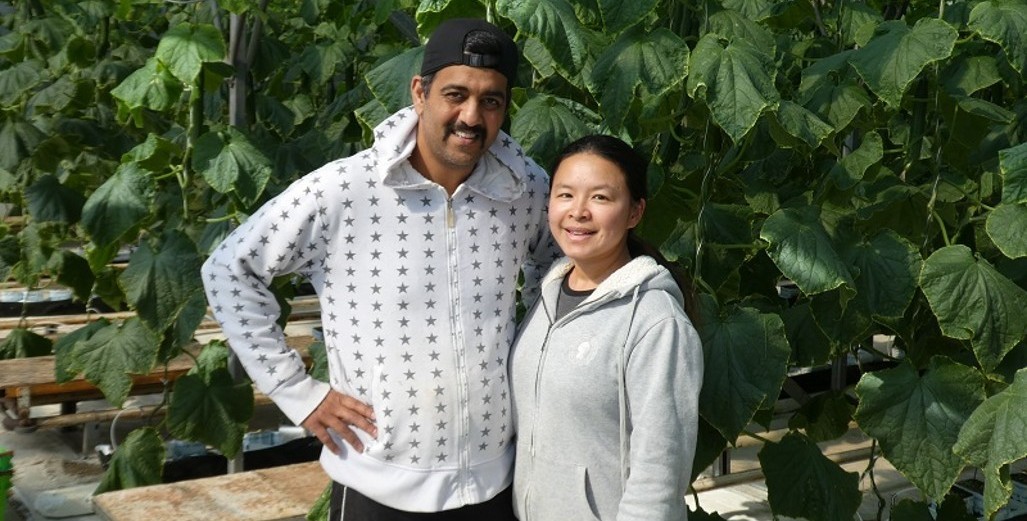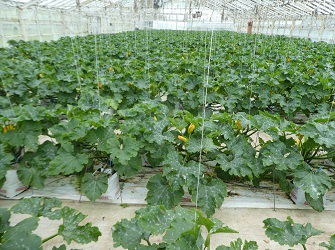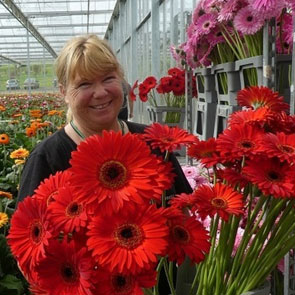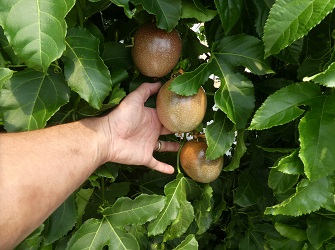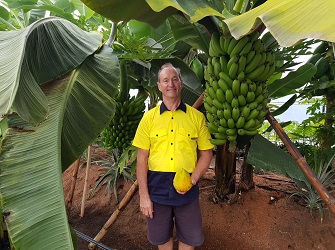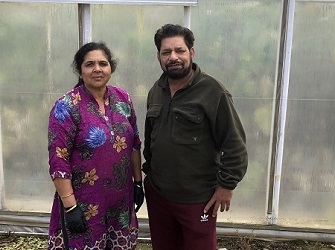Sign up here to subscribe to the Grower2grower Ezine. Every two weeks you will receive new articles, specific to the protected cropping industry, informing you of industry news and events straight to your inbox.
Jun 2022
(Energy update) Energy prices have no ceiling
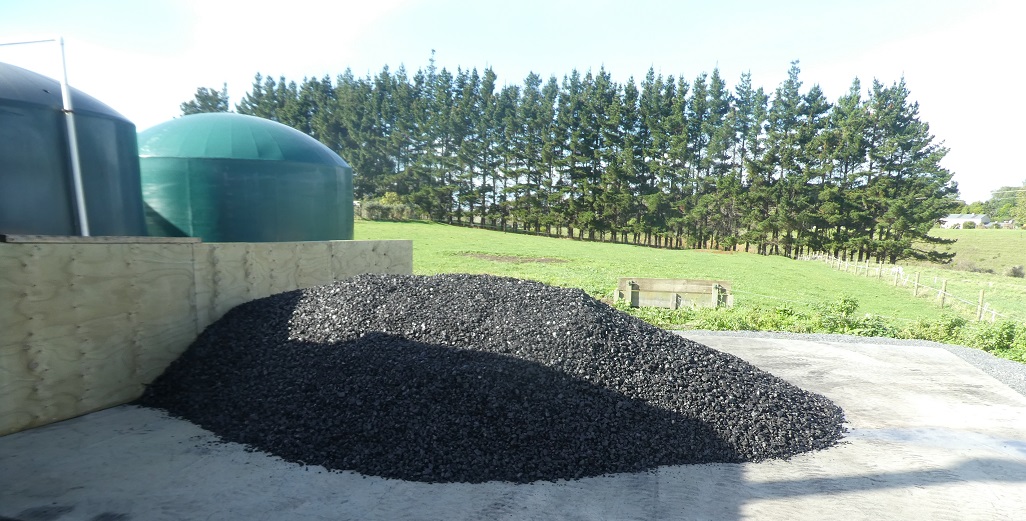
Growers forced to reduce heat input as price spirals out of control
Last week I visited over thirty greenhouse vegetable growers in the South Auckland region. I was delivering PepMV sample kits to tomato growers. It was fantastic to briefly catch up with the growers. The message from growers was loud and clear, there is a great deal of concern about the cost of supplies and the low returns they are currently experiencing.
In the Auckland region, the extended summer, the superb April, and May weather conditions have contributed to the best-looking tomato crops I have ever seen in June. The only plant issue I observed was crops effected with Chlorosis (see related article).
I dropped in on several Cucumber growers, who are in a similar predicament when it comes to costs, but their returns are currently stable. I visited, what I thought was a tomato grower, who has recently changed to growing courgettes, they were planting ready for the late winter/early spring market (they were not heating).
The cost of supplies has increased immeasurably. The consumables, used in greenhouses, are mostly imported. One consumable, not imported, is energy. Coal prices quoted were between a staggering $ 400 -500 per ton delivered. Having no other option growers, who used coal, have decided to either turn off their boilers altogether or run much lower temperatures to reduce the cost. One grower, on Gas, decided not to recertify their boiler, they will grow without heating. The growers using recycled oil are also facing price increases but not to the extent of other energy providers.
Of the properties visited, few can afford to change their heating systems to biomass. There is the added concern that the supply of biomass will become too hard to source and that transport charges would be prohibitive.
Growers, that use Coal and Gas, are faced with a choice to either transition to a new energy source or face changing planting dates and grow without heating or only frost protection. Even though coal burners are not being phased out anytime soon they are being priced out due to the cost
Small and large business will have to either find a new ‘clean’ energy source or potentially grow cold. This will push many growers into spring plantings and lead to massive over supply around Christmas. It is a vicious cycle. For many smaller growers they will need to diversify and to survive find an alternative low input low-cost crop to grow if they cannot sustain growing a vegetable crop that requires heating in the winter.
Growers are adaptable and the protected cropping areas, developed for heated production, will most certainly continue to grow tomatoes, and other vegetable crops, just possibly without any heating.
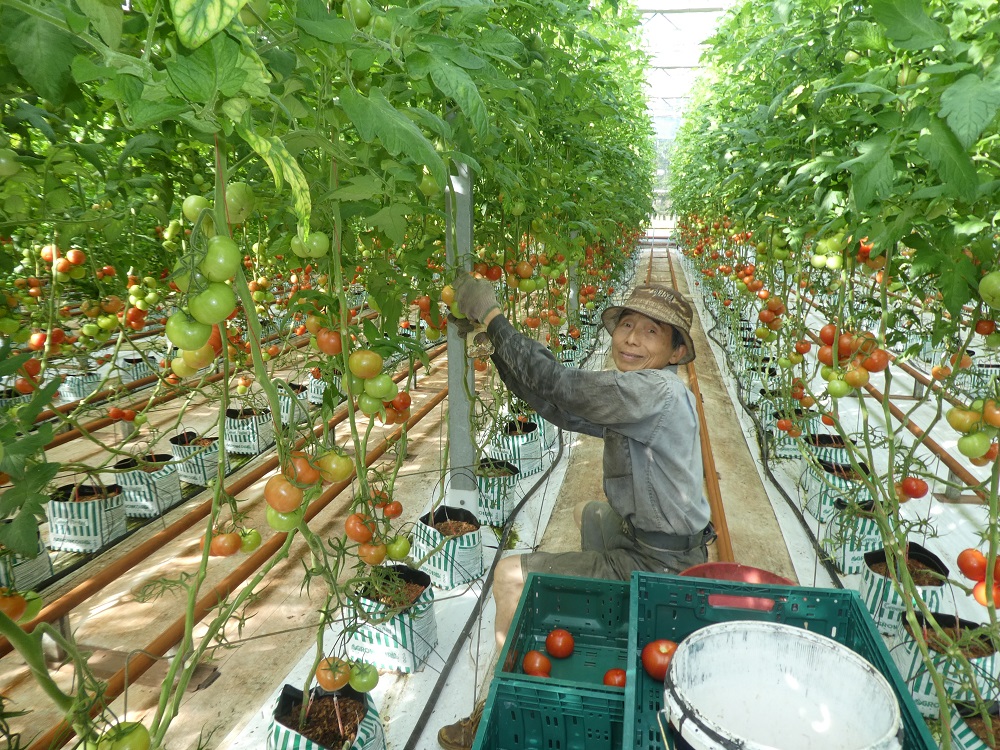
South Auckland tomato grower Eugene Lai has recently invested a large amount improving his boiler and storage bunker. The constant increase in coal is making it extremelley difficult for his business to grow and supply localy grown tomatoes in the Winter.
Article written and compiled by Stefan Vogrincic
All Article’s checked and edited by Marie Vogrincic
I appreciate your comments. Please feel free to comment on the grower2grower Facebook page:
CLASSIFIED
Photo
Gallery
Subscribe to our E-Zine
More
From This Category

2024 – The NZ greenhouse energy sector Grower2Grower report

Direct Air Capture (DAC) is now a reality— Onsite CO2 generation scalable for both large and small operations

Auckland plant nursery goes electric in pilot scheme
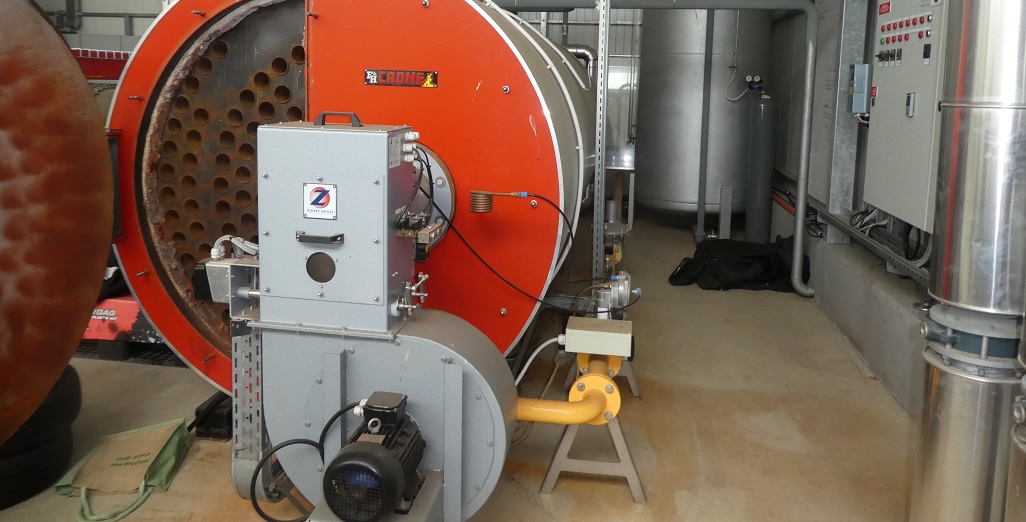
Gas supply for households and small business
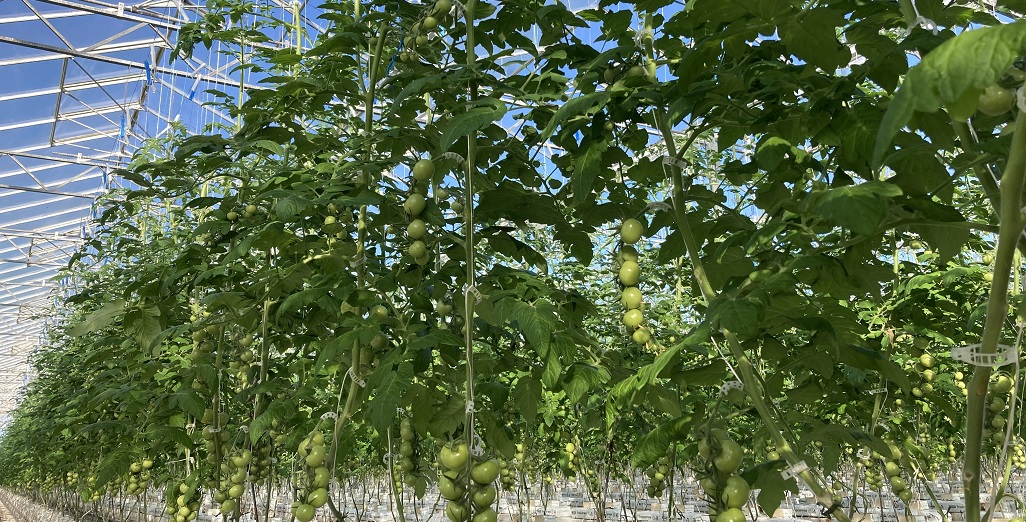
Geoheat Potential of the Tauranga Geothermal System
